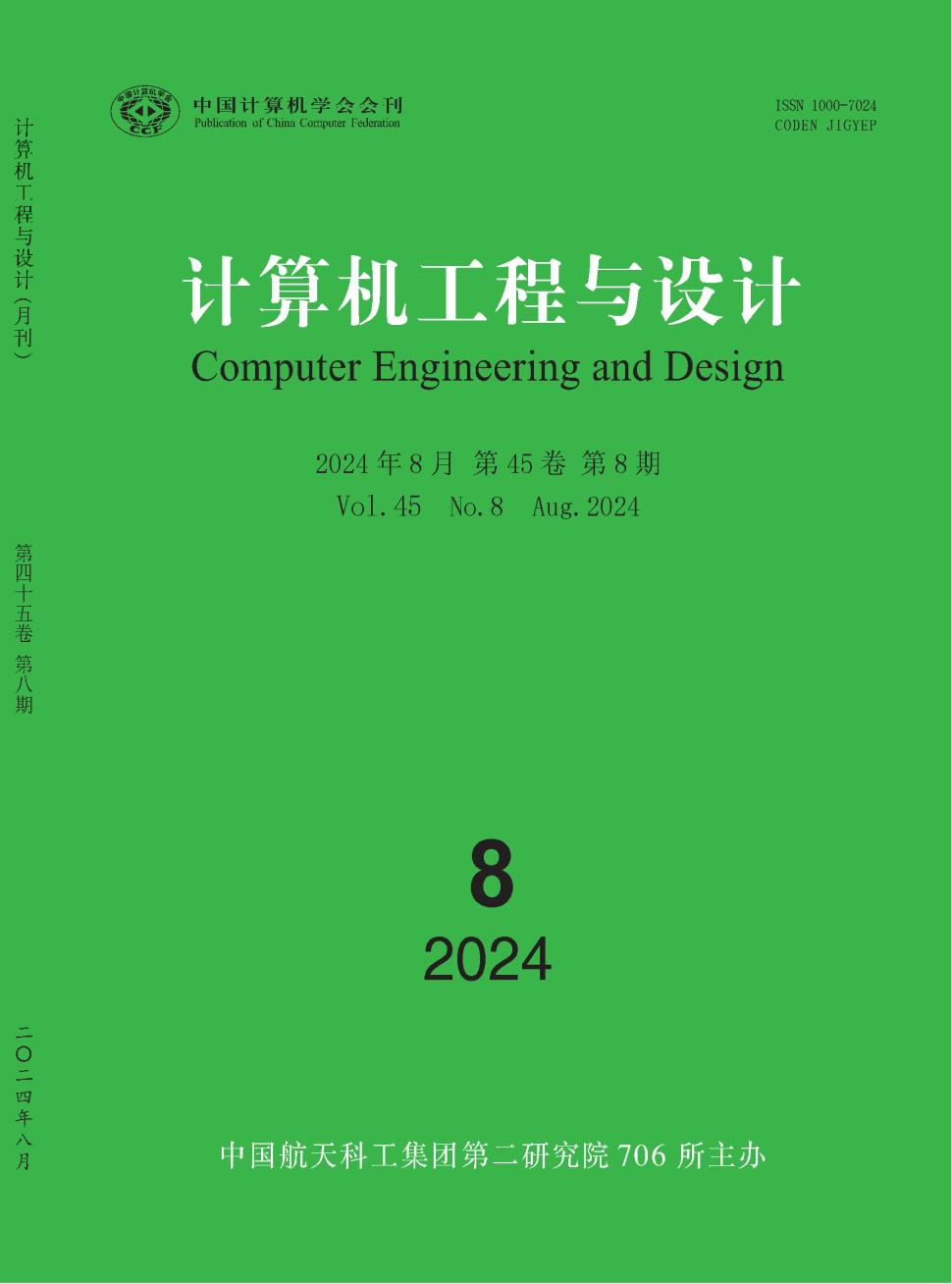An experimental protocol for exploration of stress in an immersive VR scenario with EEG
引用次数: 2
Abstract
Stress is a subject always relevant to scientific research due to the numerous implications in human life. Typical biomarkers used in the physiological evaluation of stress include Electrocardiography, cortisol levels, galvanic skin response and other. Recently, one less widely used instrument for the assessment of stress that has been re-emerged due to advancements in computational power and machine learning techniques, is Electroencephalography. Moreover, as Virtual Reality HMDs are being rapidly adopted by the research community it becomes apparent that leveraging the offered advantages of VR for the exploration of stress can lead to novel controlable and reproducable experimental procedures. In this paper we combine EEG, ECG and the Perceived Stress Scale with a Virtual Reality phobia induction setting, to propose a protocol for assessing stress. The suggested protocol can be used for functional brain connectivity investigation and thus the evaluation of stress while it and can be expanded via the incorporation of machine learning algorithms for automatic stress level classification.在一个沉浸式虚拟现实场景与脑电图探索压力的实验协议
压力一直是科学研究的主题,因为它对人类生活有许多影响。用于应激生理评估的典型生物标志物包括心电图、皮质醇水平、皮肤电反应等。最近,由于计算能力和机器学习技术的进步,一种不太广泛使用的压力评估工具重新出现,那就是脑电图。此外,随着虚拟现实头显被研究界迅速采用,利用虚拟现实的优势来探索压力可以带来新的可控和可重复的实验过程变得很明显。在本文中,我们将脑电图、心电图和感知压力量表与虚拟现实恐惧症诱导设置相结合,提出了一种评估压力的方案。建议的协议可用于功能性脑连接调查,从而评估压力,同时可以通过结合机器学习算法进行自动压力水平分类来扩展。
本文章由计算机程序翻译,如有差异,请以英文原文为准。
求助全文
约1分钟内获得全文
求助全文
来源期刊
自引率
0.00%
发文量
20353
期刊介绍:
Computer Engineering and Design is supervised by China Aerospace Science and Industry Corporation and sponsored by the 706th Institute of the Second Academy of China Aerospace Science and Industry Corporation. It was founded in 1980. The purpose of the journal is to disseminate new technologies and promote academic exchanges. Since its inception, it has adhered to the principle of combining depth and breadth, theory and application, and focused on reporting cutting-edge and hot computer technologies. The journal accepts academic papers with innovative and independent academic insights, including papers on fund projects, award-winning research papers, outstanding papers at academic conferences, doctoral and master's theses, etc.

 求助内容:
求助内容: 应助结果提醒方式:
应助结果提醒方式:


